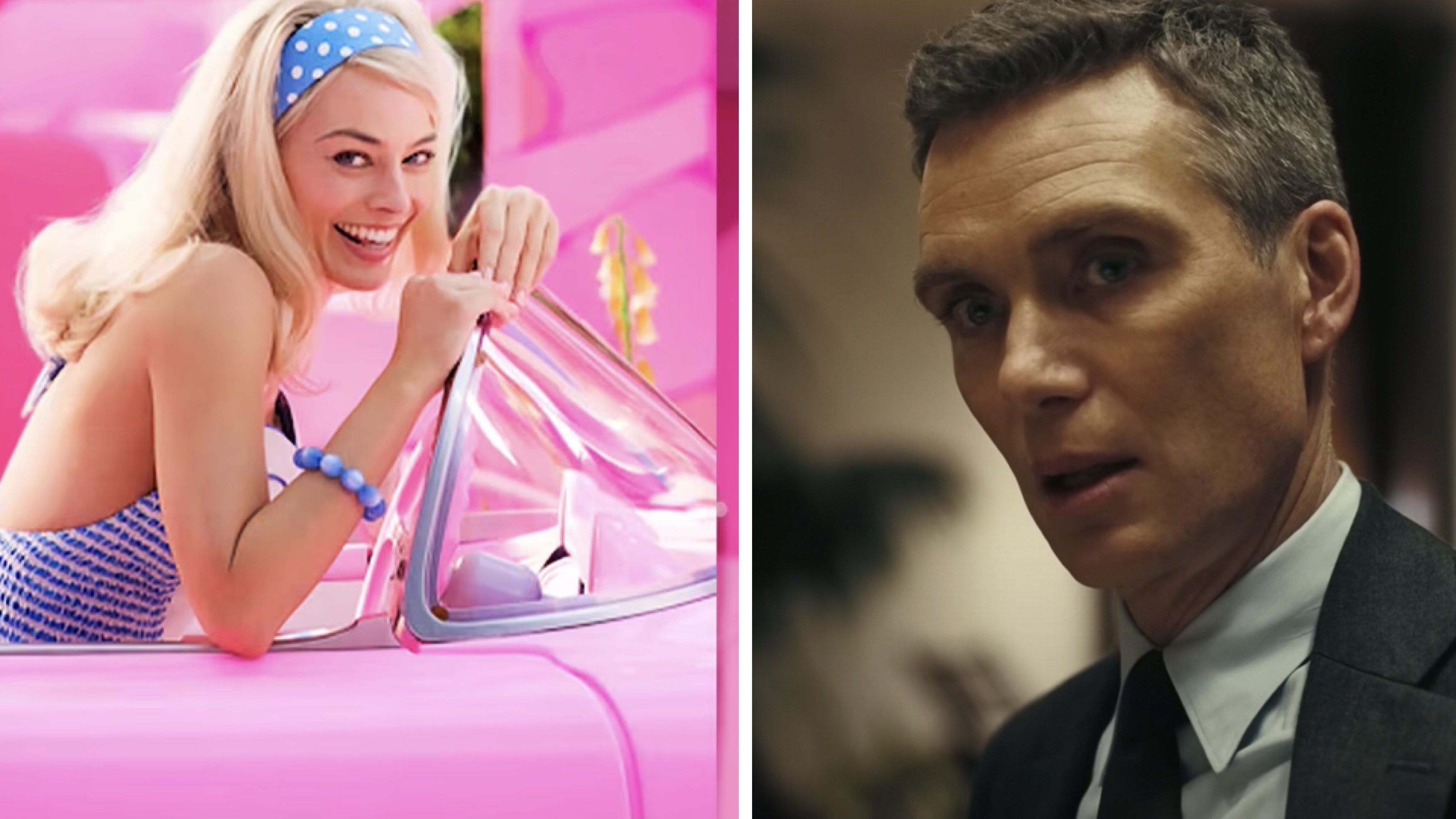When Tom Cruise isn’t nearly dying in a Mission Impossible, or Vin Diesel isn’t milking out another Fast & Furious, or Chris Pratt isn’t fighting off a terribly CGI’d velociraptor in another Jurassic World, Disney are the ones topping the global box office charts—and have been for over a decade. Whether it be through some Marvel property, or a Pixar one, the ‘Big Mouse’ has raked in billions upon billions of dollars over recent years, with eight out of the ten highest-grossing films in the 2010s belonging to the company. Their success has become such a standard that the breaking of box-office records is now a banal affair, to the point where they’ve essentially taken a monopoly on the word “blockbuster.”

This wasn’t always the case, however. When looking at the highest-grossing films of the 1980s and 1990s via BoxOfficeMojo you see a fairly even spread between genres, production companies, and budgets. Sure, the 90s still had Universal’s original Jurassic Park, Cameron’s Titanic, and pre-Disney merger Star Wars: Episode I, but it also had the $55 million budget Forrest Gump, Shyamalan’s ostensibly debut film in The Sixth Sense, and Roland Emmerich’s Independence Day.
The 80s were even more diverse with films like Eddie Murphy’s iconic comedy Coming to America, TriStar’s tiny $7.5 million budget Look Who’s Talking, and the multiple Academy Award winner Rain Man all broke into the global top-ten chart. It wouldn’t be until the 2000s where we’d start seeing a shift in the types of films that would begin dominating box-offices. Though we’d have non-Disney animations like Shrek 2 coming in at number ten, the remaining list would become flooded with installments within colossal franchises like Pirates of the Caribbean, Harry Potter, and The Lord of the Rings.
Recent years has spurred ongoing discussions about Disney’s affect on the industry, particularly independent cinema and the ‘mid-budget’ movie. In Martin Scorsese’s now infamous interview with Empire, he compared the MCU to “theme parks,” later elaborating on his take in a must-read piece on The New York Times by saying:
“In many places around this country and around the world, franchise films are now your primary choice if you want to see something on the big screen. It’s a perilous time in film exhibition, and there are fewer independent theaters than ever. The equation has flipped and streaming has become the primary delivery system.”

As someone who admires the work of Mr. Scorsese immensely, both in and outside of cinema, I couldn’t agree more—and will likely add to his words regarding this subject in a future piece of my own. For now, let’s talk about the recent success of two films that just released in theatres this past weekend: Barbie and Oppenheimer, or as the internet has cheekily coined, ‘Barbenheimer’
Though two out of the top five movies in the global box office of 2023 are Disney productions with Guardians of the Galaxy Vol. 3 and The Little Mermaid taking the second and fifth spots respectively, both Barbie and Oppenheimer—the former especially—are on track to climb the ladders into the global top-ten. Gerwig’s Barbie has crushed the studios’ expectations sitting at a whopping $337 million as of writing, while Nolan’s much anticipated Oppenheimer lags only a few spots behind at $174 million according to BoxOfficeMojo.
It’s unfortunate that much of the success of a film must be associated with their performance at the box-office (yay capitalism), but it is more important now than ever for films like these to have that success. Yes, neither of these movies are what one would call ‘independent,’ with both of their budgets exceeding the $100 million mark, but they’re also not made by a company who’ve been slowly but steadily monopolizing the industry—saturating theatres with films whose goals aren’t to tell compelling, challenging narratives, but to cast the widest net to increase their stock price.
We need more Barbie’s and Oppenheimer’s to do well in theatres. Because if they do, then that gives more opportunities for the Everything Everywhere All At Once’s to do well, which in turn could give more opportunities to the Minari’s of the world. So even if it takes egregious Instagram marketing that capitalizes on internet meme culture, I’m all for it as long as it puts butts in seats.

